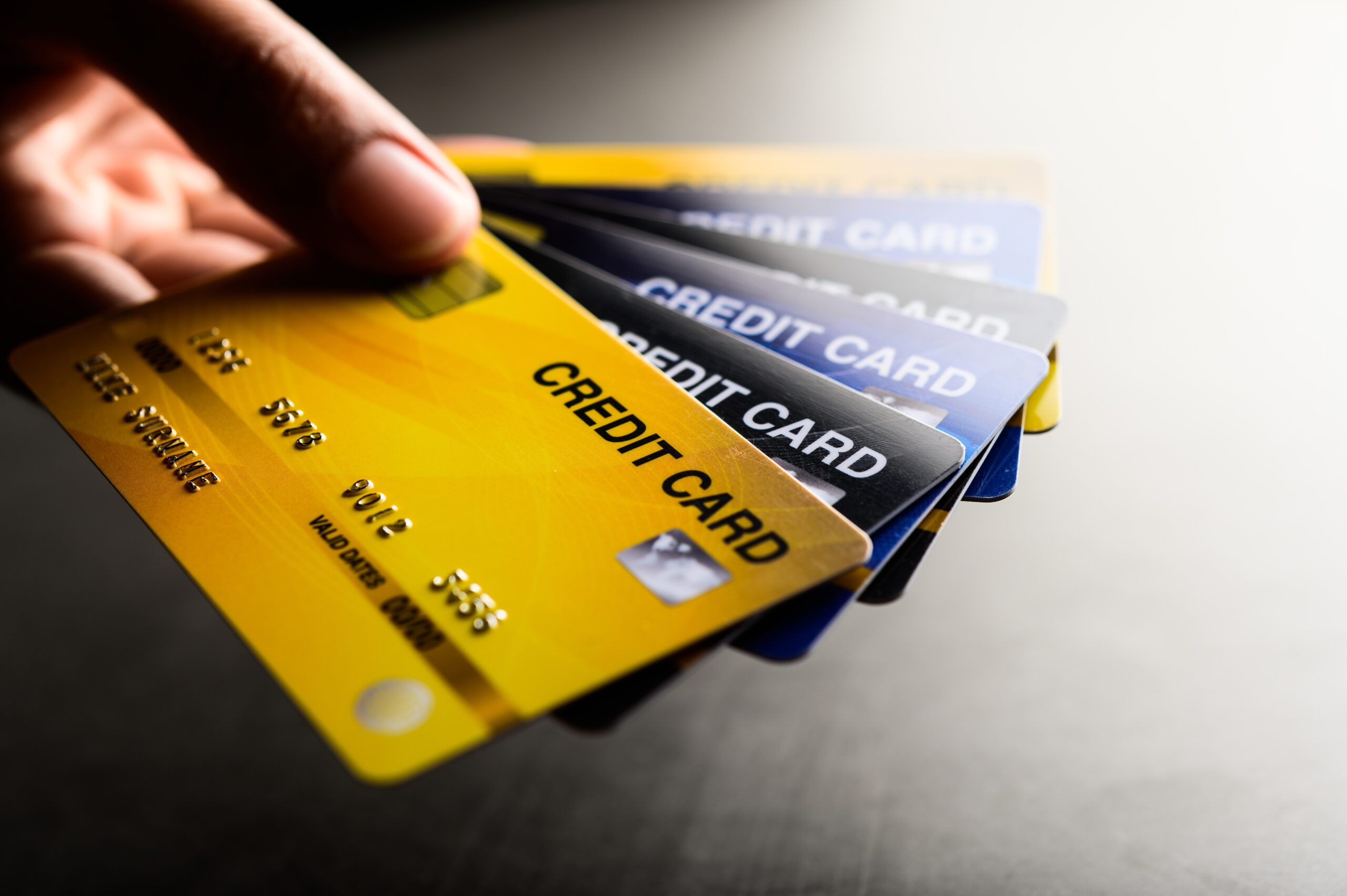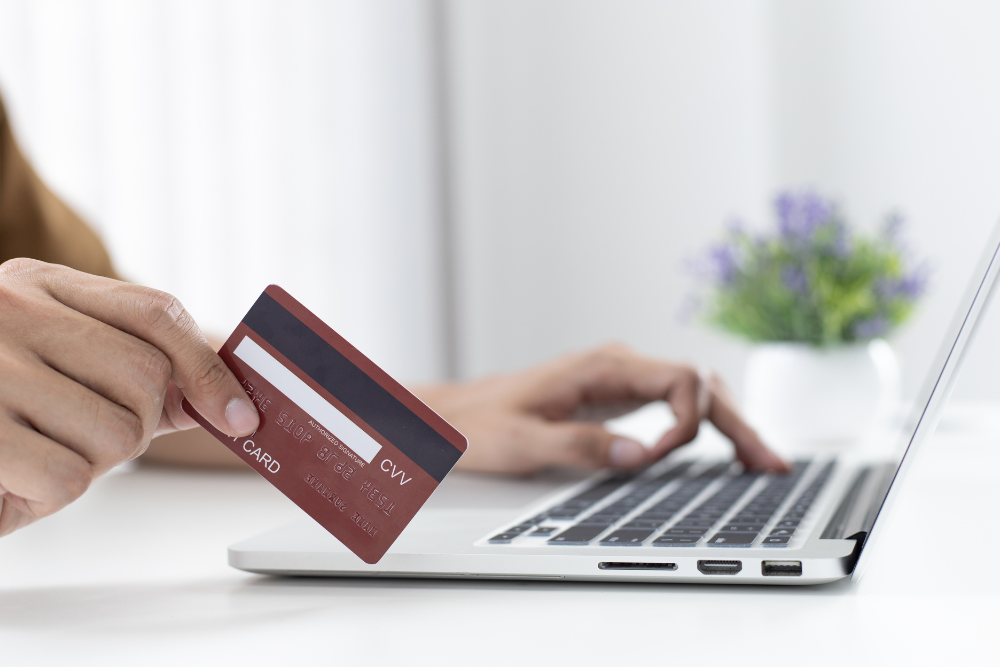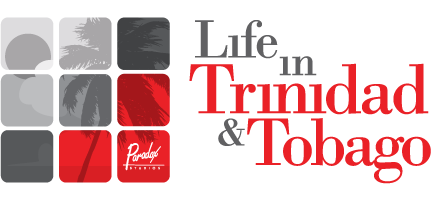In today’s fast-paced world, credit cards are an essential financial tool. However, while they offer convenience, rewards, and flexibility, many people don’t fully understand how to use them effectively. Whether you’re new to credit cards or have been using them for years, knowing the right strategies can help you avoid common pitfalls and build a strong financial future.
The key to making the most of your credit card lies in understanding how it works and using it strategically. Whether you’re just starting out or looking to refine your financial habits, these simple yet effective tips will help you master your credit card usage and keep your finances on track.
1. Pay on Your Statement Date, Not the Due Date
One of the most crucial pieces of advice I can offer is to pay your credit card bill on the statement date, not the due date. Why? Credit card companies report your balance to credit bureaus around your statement date. If you pay before that date, your balance will be reported as lower, which can positively impact your credit score. If you wait until the due date, you might still have a balance that’s considered high, affecting your credit utilization ratio (the amount of credit you’re using compared to your available credit).

2. Use Only 30% of Your Credit Limit
Another piece of advice that can’t be overstated: use no more than 30% of your credit limit. For example, if your credit limit is TT$5,000, aim to use no more than TT$1,500 in a given month. When you maintain a low credit utilization ratio, you show lenders that you’re using credit responsibly. On the other hand, if you’re consistently maxing out your card, it can lower your credit score and make it harder to get approved for future loans or credit.
Pro Tip: If you find yourself regularly using more than 30%, consider requesting a credit limit increase to give yourself more breathing room.
3. Set Payment Alerts to Stay on Track
Life gets busy, and it’s easy to forget about due dates. That’s why setting up payment reminders is one of the best habits you can form. Most credit card companies in Trinidad and Tobago offer email or SMS alerts. These reminders can notify you when your statement is ready or when your payment due date is approaching. By staying on top of your payments, you avoid late fees and keep your credit in good standing.
Pro Tip: Some credit card providers allow you to set a “due date” alert a few days in advance to ensure you have time to make the payment.
4. Avoid Only Making the Minimum Payment
Many people think it’s fine to only pay the minimum payment each month, but that can quickly lead to costly interest charges. The minimum payment is often a small percentage of your balance, and if you don’t pay it off in full, interest will accrue on the remaining balance. Over time, this can turn a small debt into a mountain of unpaid interest.
Pro Tip: Always try to pay off your full balance to avoid interest charges. If you can’t pay in full, aim to pay as much as possible above the minimum.
5. Track Your Spending
Credit cards make it easy to spend, but it’s also easy to lose track of how much you’re actually spending. By using mobile apps like Mint or the banking apps offered by your local financial institutions, you can keep an eye on your expenses in real time. By monitoring your spending habits, you can identify areas where you might be overspending and adjust accordingly before it becomes a bigger issue.

6. Check Your Credit Report Regularly
I always recommend that individuals check their credit reports at least once a year. In Trinidad and Tobago, you can access your credit report through the Credit Bureau of Trinidad and Tobago (CBTT). Your credit report will show any discrepancies or signs of fraud. If you notice any errors, it’s important to dispute them right away. A clean credit report is critical for securing loans and favorable interest rates.
7. Beware of Foreign Transaction Fees
If you use your credit card for international purchases—whether shopping online from international stores or traveling abroad—be mindful of foreign transaction fees. Many credit cards charge a fee for purchases made in foreign currencies, and these can add up quickly. Check the terms of your card to see if foreign transaction fees apply. Some cards also offer better exchange rates, so it’s worth doing a little research before making international transactions.
8. Leverage Rewards and Cashback
Credit cards in Trinidad and Tobago often come with rewards programs that can give you cashback, points for travel, or discounts on groceries, fuel, and entertainment. Take advantage of these perks—but only if you’re paying off your balance in full each month. The rewards should be a benefit, not an excuse to overspend. If used wisely, these rewards can save you money and help you earn benefits without incurring debt.
9. Consider a Secured Credit Card for Building Credit
If you’re new to credit or rebuilding your credit score, consider a secured credit card. A secured card requires a deposit, which becomes your credit limit. By using it responsibly—paying your balance in full and on time—you can establish or improve your credit history. Over time, you may qualify for an unsecured card with a higher limit and better benefits.








